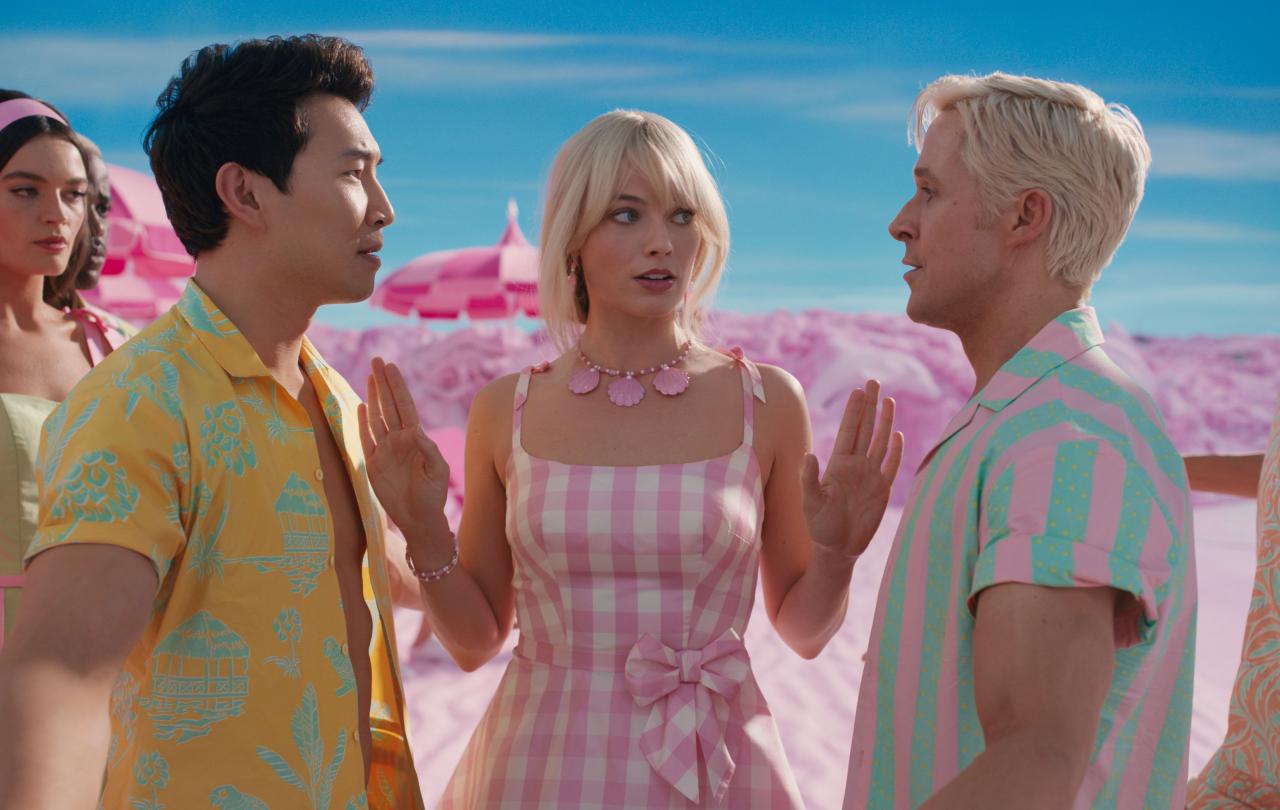
Advent is not Christmas. The wisdom of the church is this: humans need time to take stock of the grim reality of life, as the nights get even longer. We can’t skip forward with shopping bags and fairy lights to Christmas. These weeks of Advent prepare us. For the unexpected. For the necessity of grace.
Advent is the time the church reflects on its hierarchical structures, its imperialist tendencies, its obsession with power. And repents. It repents because it is about to celebrate that God’s greatest power move was to become powerless. Yes, the church forgets this annually. Sometimes centennially. But inbuilt within the church year is a season that forces it – and ourselves – to come face to face with our hypocrisy.
Advent begins in the darkest time of the year.
Advent is also an enforced time of waiting for the miracle of the unexpected, often in times of grave crisis. We, like the church, can be perpetrators, but we can also be victims. Another aspect of Advent is a vigilant time of waiting alongside the oppressed, in hope, for what we cannot see. For some people it involves fasting, a sign of repentance. For others, it is an advent wreath with daily readings and meditation. Still for others, it is a time to challenge rather than give in to our consumerist global empire.
Advent invites us to remember that God doesn’t come how or when we want. God cannot be manipulated. God can only be received, and most often by those who least expect him. Those on the margins. Those pregnant by accident. Those under tyrannical rule. Advent grows in the church a reverence for the downtrodden and the abused, if we are paying attention. Advent teaches that God comes to those who think they least deserve him.
What if we stretched out Advent across four weeks of waiting, of gestation, refusing to allow Big Corporate Christmas to deliver the baby prematurely?
The first Christian account of the birth of Jesus is not, surprisingly, in the gospels – the four biographies of Jesus’ life, composed within living memory of him. We are accustomed to this first century record of sheep and shepherds, stars and stables. But there is a poetic nativity story that is composed prior to all these histories of Jesus, hidden in the middle of the Apocalypse – the book of Revelation. Written just a couple decades after Jesus’ death, this story is of a woman on the run, being pursued by a dragon. At long last, she is cornered. “The dragon stood in front of the woman who was about to give birth, so that it might devour her child the moment he was born”. This child facing the dragon, against all odds, is the child Jesus.
This is the grim situation of people all over the world this Advent, far closer to the original nativity story than our chocolate calendars communicate. And perhaps this is a better text for this year’s Advent, as the world watches the fate of women and children in Palestine, Israel, Ukraine, Africa. The dragon has indeed invaded the lives of so many. The world is holding its breath.
This Christmas let’s up our Advent game. Let’s put dragons in our nativity creche displays. Take out the baby – he hasn’t been born yet! And let’s hold our breath with the rest of the world, sensing the real and present danger. What if we stretched out Advent across four weeks of waiting, of gestation, refusing to allow Big Corporate Christmas to deliver the baby prematurely? What if we used Advent for its original purpose, which is to examine ourselves for our own hypocrisy, our own violence and hatred, our own abuse of power on micro and macro levels? Perhaps then we can truly welcome Christmas. As hope for the powerless. As the possibility for peace in the midst of war. As good news for the world.
As a teenage girl 2,000 years ago prayed in hope,
My spirit rejoices in God my Savior
for he has looked with favor on his lowly servant…He has cast down the mighty from their thrones,
and has lifted up the lowly.
He has filled the hungry with good things,
and the rich he has sent away empty.





